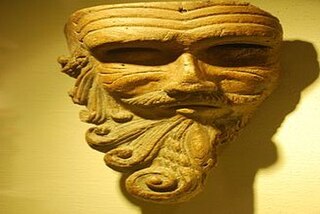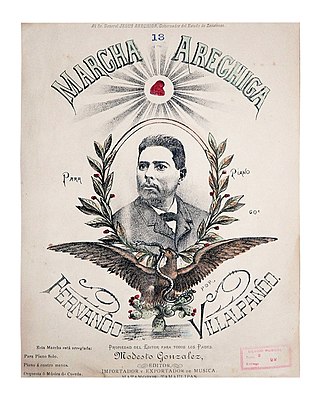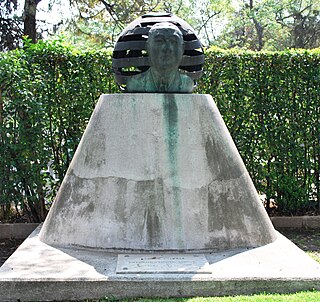Related Research Articles

The secretary of foreign affairs is the foreign secretary of Mexico,responsible for implementing the country's foreign policy. The secretary is appointed by the president of Mexico to head the Secretariat of Foreign Affairs and is a member of the federal executive cabinet. The secretary is commonly referred to as Canciller in Mexico.

Rafael Coronel was a Mexican painter. He was the son-in-law of Diego Rivera.

The governor of Zacatecas wields executive power in the State of Zacatecas. The governor is directly elected by the citizens,using secret ballot,to a six-year term with no possibility of reelection.
The Estrada Doctrine is Mexico's core foreign policy guideline since 1930;according to it,states should not formally announce the diplomatic recognition of foreign governments,as that could be perceived as a judgment on the legitimacy of said government,and such an action would imply a breach of state sovereignty. The policy is based on the principles of non-intervention,peaceful resolution of disputes and self-determination of all nations. In line with the Estrada doctrine,Mexico to this day –and in contrast with most other states –does not issue formal declarations of diplomatic recognition of new states or governments.

The "Marcha de Zacatecas" is a Mexican patriotic song that serves as the regional anthem of the Mexican state of Zacatecas.

General Enrique Estrada is a city and municipality in the Mexican state of Zacatecas. It was named for General Enrique Estrada.

Genaro Estrada was a Mexican statesman,academic,and writer. He was Secretary of Foreign Affairs of Mexico between 1930 and 1932 and the architect of the Estrada Doctrine,which stated that the Mexican government would acknowledge any foreign government,no matter how it came into power. This doctrine would influence Mexican politics all throughout the 20th century.

The Battle of Cerro del Borrego took place on 13 June 1862 in the vicinity of the current municipality of Orizaba in the state of Veracruz,Mexico. It was fought between the Mexican republican army under General Jesús González Ortega and troops of the Second Mexican Empire during the Second French intervention in Mexico.

Manuel C. Téllez Acosta was a Mexican politician and diplomat who served as Secretary of the Interior (1931–1932),Secretary of Foreign Affairs (1932–1934),Ambassador of Mexico to the United States (1925–1931),and plenipotentiary diplomatic envoy to Italy and Hungary (1934–1935).
Events in the year 1991 in Mexico.
Events in the year 1990 in Mexico.
Events in the year 1989 in Mexico.
Events in the year 1988 in Mexico.
Events in the year 1986 in Mexico.
Felipe Borrego Estrada is a Mexican politician from the National Action Party. From 2006 to 2009 he served as Deputy of the LX Legislature of the Mexican Congress representing Zacatecas.
Same-sex marriage has been legal in Zacatecas since 30 December 2021. On 14 December 2021,the Congress of Zacatecas passed a same-sex marriage bill by 18 votes to 10. The legislation was published in the official state gazette on 29 December,and came into force the following day. Prior to statewide legalisation,five municipalities of Zacatecas issued marriage licenses to same-sex couples despite a state ban,comprising about a quarter of the state population. These five municipalities were Zacatecas,Cuauhtémoc,Villanueva,Miguel Auza and Fresnillo.

Morelos is a semi-urban municipality in the Zacatecas metropolitan area in the Mexican state of Zacatecas.
Genaro is a Hispanic masculine given name that may refer to the following notable people:
Genaro García was a Mexican writer,teacher,and attorney. As a jurist,he fought for the rights of women,woman's suffrage,and abolition of dueling. As a historian and educator,he argued for the centering of Mexican history and culture.
Genaro Codina is a municipality in the Mexican state of Zacatecas,located approximately 30 kilometres (19 mi) southwest of the state capital at the city of Zacatecas. It is named after Genaro Codina,musician and composer of the state anthem,the "March of Zacatecas".
References
- ↑ "Perfil: Sen. Genaro Borrego Estrada, LIX Legislatura". Sistema de Información Legislativa (SIL). SEGOB . Retrieved 1 July 2024.
- ↑ "Genaro Borrego Estrada". Red Política. Retrieved 14 April 2014.